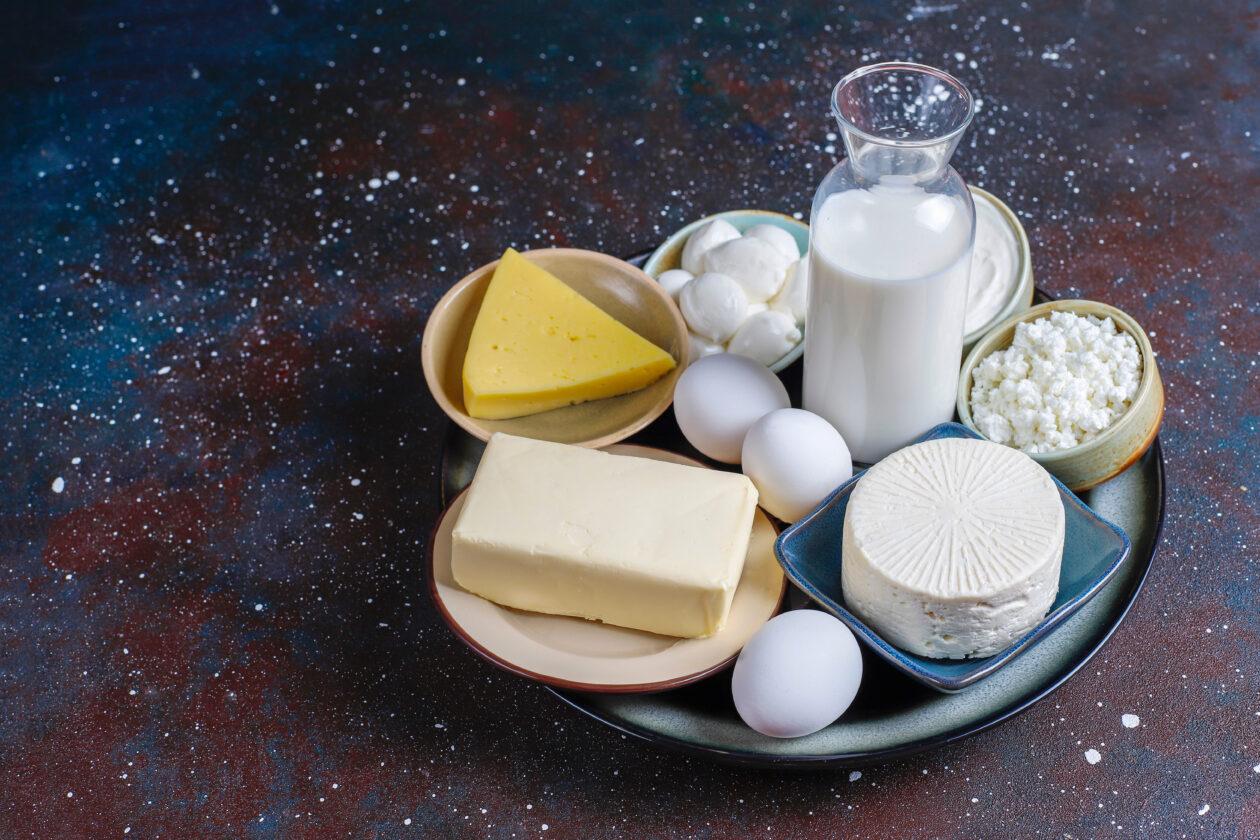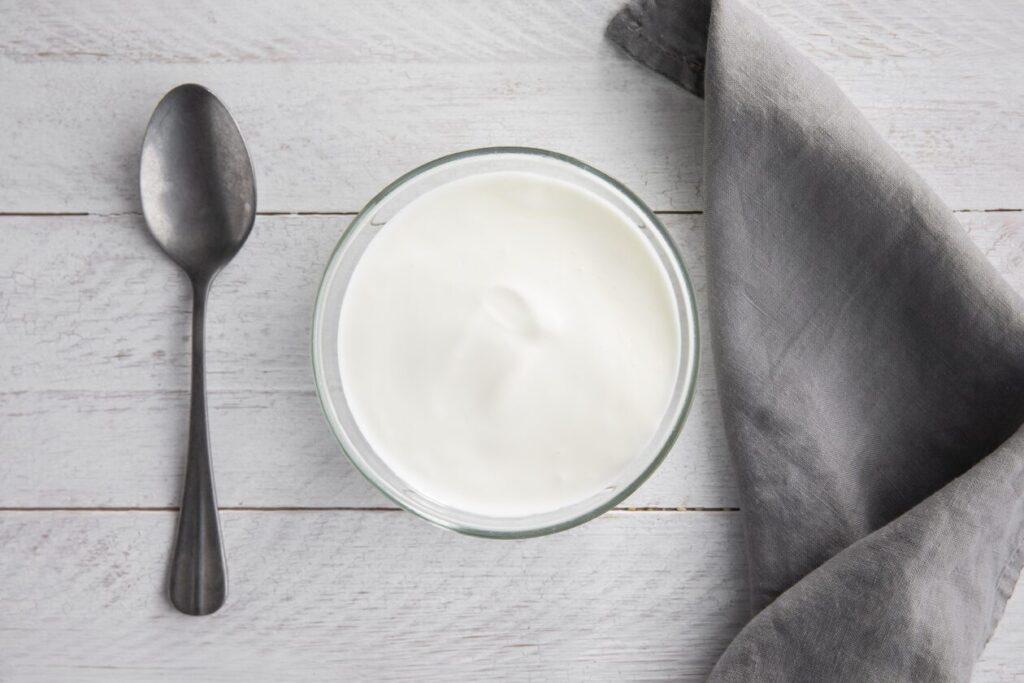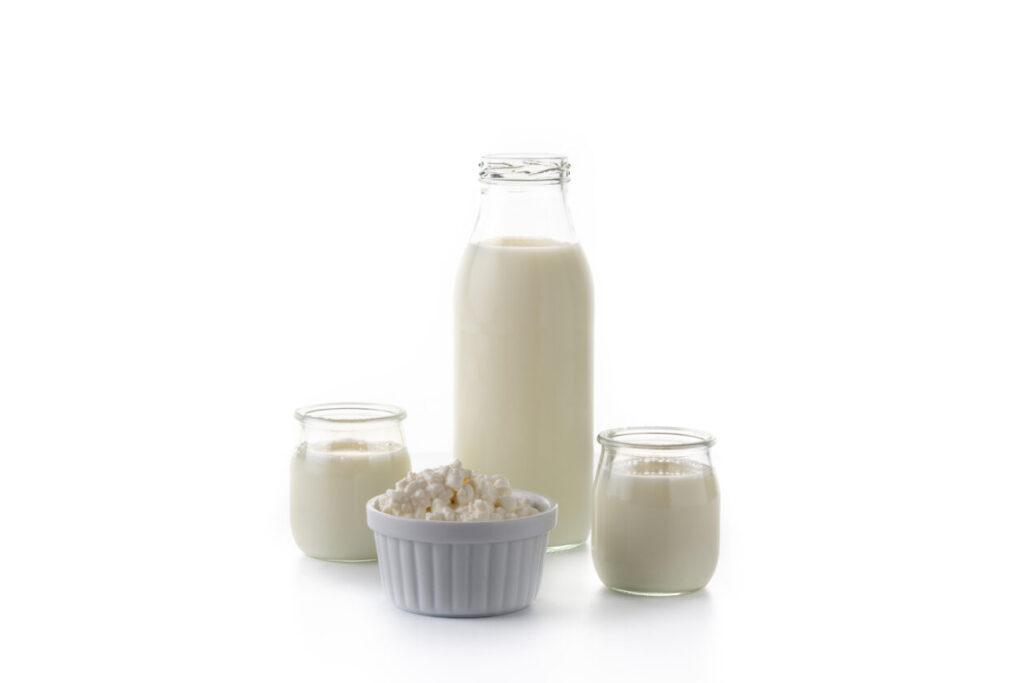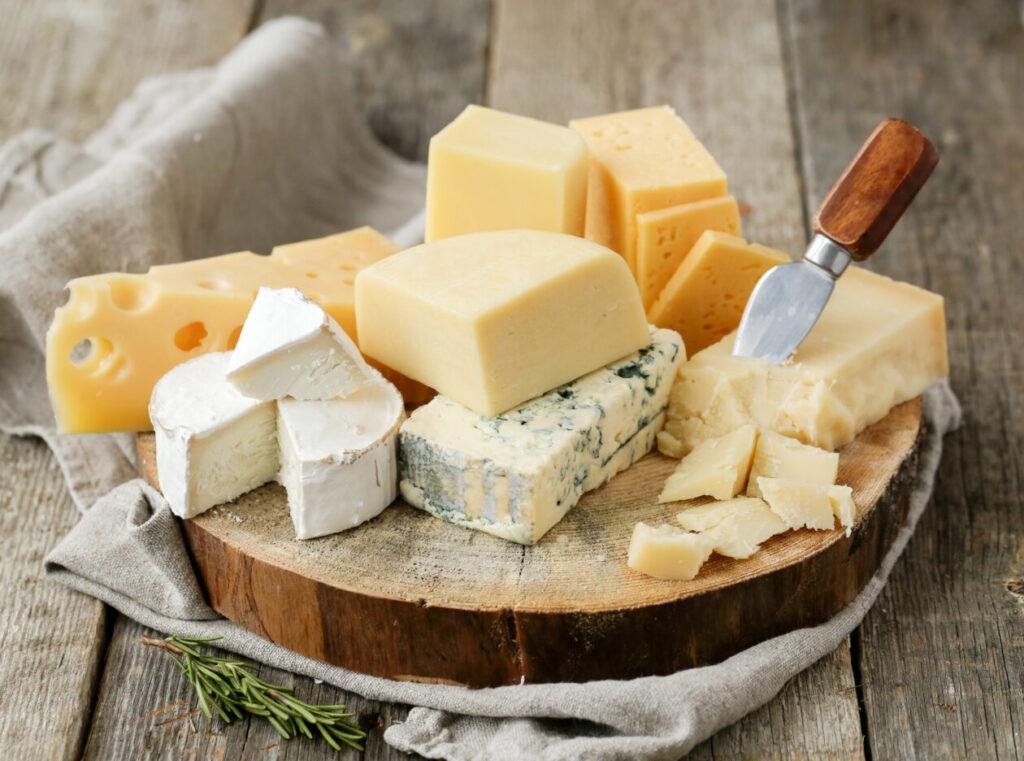Discover the Top 8 Probiotic Foods for Optimal Health
 / Discover more like this here: https://stylevitally.com/probiotic-foods/?feed_id=6333&_unique_id=66227232ca674&utm_source=&utm_medium=ycfemb83&utm_campaign=FS%20Poster
/ Discover more like this here: https://stylevitally.com/probiotic-foods/?feed_id=6333&_unique_id=66227232ca674&utm_source=&utm_medium=ycfemb83&utm_campaign=FS%20Poster
Introduction

Adding probiotic foods to your diet may offer many health benefits that can transform your overall well-being. Among the best sources of probiotics, yogurt stands out as a delicious and accessible option. Packed with beneficial bacteria, it supports digestive health and helps restore balance in your gut. But yogurt is just the beginning.
Explore a diverse array of probiotic-rich foods that can supercharge your health journey. Sauerkraut, a tangy and fermented cabbage delight, not only adds flavor to your meals but also promotes a healthy gut environment. Miso, a traditional Japanese staple made from fermented soybeans, provides a probiotic punch and adds a unique umami taste to your dishes. Tempeh, another soy-based product, offers a rich source of probiotics along with plant-based protein and nutrients.
Probiotics are more than gut superheroes; they can positively impact your entire body and mind. Studies suggest that these beneficial bacteria may help reduce symptoms of depression and improve mood. Additionally, they have been linked to heart health, as certain strains can help lower cholesterol levels and support cardiovascular well-being. Boosting your immune system is another benefit of probiotics, as they enhance the body's natural defense against harmful pathogens.
Yogurt

Yogurt, crafted from milk fermented by probiotics like lactic acid bacteria and bifidobacteria, stands tall as one of the finest probiotic-rich foods.
The health benefits linked to consuming yogurt are remarkable and wide-ranging, backed by Trusted Sources:
- Enhanced Bone, Heart, and Gastrointestinal Health: Regular yogurt intake is associated with improved bone density, heart health, and a healthy gut. The abundance of beneficial bacteria helps maintain a balanced microbiome and supports optimal digestive function.
- Reduced Risk of Diabetes: Enjoying yogurt is correlated with a decreased risk of developing diabetes. The unique combination of nutrients and active cultures in yogurt contributes to its potential to manage blood sugar levels.
- Lowered Risk of Breast and Colon Cancer: Studies suggest that yogurt consumption might play a role in reducing the risk of breast and colon cancer. The active cultures present in yogurt offer protective effects that warrant further investigation.
- Improved Weight Management: Yogurt can be a valuable ally in weight management efforts. Its protein content helps increase satiety and regulate appetite, while the probiotics may influence metabolism and promote a healthy weight.
Furthermore, yogurt can be a suitable option for individuals with lactose intolerance. The fermentation process converts lactose into lactic acid, contributing to yogurt's tangy flavor and making it more tolerable for those with lactose sensitivity.
Kefir

Kefir, a fermented milk beverage, emerges as a nutritional powerhouse by combining kefir grains with cow's or goat's milk.
Contrary to its name, kefir grains are not cereal grains but clusters of lactic acid bacteria and yeast, resembling delicate cauliflower florets. The origin of "kefir" stems from the Turkish term "keyif," meaning the blissful feeling experienced after consuming it.
Indeed, kefir has been associated with a myriad of health benefits. Notably, it holds the potential to bolster bone health, alleviate digestive issues, and fortify the body against infections. Remarkably, kefir can also be a viable choice for individuals with lactose intolerance.
Distinguished by its impressive microbial diversity, kefir encompasses an array of beneficial strains of bacteria and yeast. This richness positions kefir as a more potent and diverse source of probiotics than yogurt.
Indulging in kefir offers a delightful fusion of taste and well-being. Experience the wonders of this fermented elixir and unlock its extraordinary potential to enhance your health and vitality.
Sauerkraut

Sauerkraut, the finely shredded cabbage transformed by the magic of lactic acid bacteria fermentation, holds a special place in the culinary traditions of numerous countries, particularly in Eastern Europe.
With its distinctive sour and salty taste, sauerkraut is often relished as a topping for sausages or a flavorful side dish. Its longevity is equally impressive, as it can be stored for months in an airtight container while maintaining quality.
Beyond its probiotic benefits, sauerkraut offers a wealth of nutritional value. This fermented delight is rich in fiber and vitamins C and K, essential for overall health. Moreover, sauerkraut boasts exceptional levels of sodium, iron, and potassium.
As a bonus, sauerkraut packs the antioxidants lutein and zeaxanthin, which are crucial for maintaining optimal eye health.
To fully experience the probiotic benefits, it is vital to choose unpasteurized sauerkraut. Pasteurization, while extending shelf life, unfortunately, eliminates the live and active bacteria contributing to its health-promoting properties.
Tempeh

Originating from Indonesia, tempeh has gained worldwide popularity as a robust and protein-rich meat substitute, crafted through the fermentation of soybeans into a firm and hearty patty. Renowned for its nutty, earthy flavor, tempeh has become a favorite culinary choice, often likened to the taste of mushrooms.
Fermentation works its magic on tempeh, endowing it with a surprising nutritional profile. Soybeans, the main ingredient, naturally contain phytic acid—a plant compound that can hinder the absorption of essential minerals such as iron and zinc.
However, fermentation significantly reduces phytic acid-rusted Source levels, potentially increasing your body's ability to absorb minerals from tempeh more effectively.
Moreover, fermentation also brings forth the production of vitamin B12—a vital nutrient absent in soybeans. Typically obtained from animal products, vitamin B12 is a crucial component of a healthy diet. As such, tempeh serves as an excellent substitute for vegetarians seeking this essential nutrient.
Miso

Miso, a cherished Japanese seasoning, is crafted through the traditional fermentation of soybeans with salt and a remarkable fungus known as koji.
While soybeans are the primary ingredient, miso can incorporate other elements like barley, rice, and rye. This versatile paste is most commonly used in the iconic miso soup, a beloved breakfast staple in Japan.
With its distinctively savory and salty profile, miso captivates taste buds. Its availability spans an array of varieties, including white, yellow, red, and brown, each with its unique characteristics and depth of flavor.
Beyond its exquisite taste, miso is an excellent source of protein and fiber, contributing to a well-rounded diet. It boasts an impressive nutritional composition, encompassing an array of vitamins, minerals, and plant compounds. Notably, miso is rich in vitamin K, manganese, and copper, which play vital roles in supporting overall health and vitality.
Pickles

Pickles, often called gherkins, represent cucumbers that have embarked on a transformative journey, preserved in a solution of salt and water. During this preservation process, remarkable alchemy unfolds. The cucumbers harness the power of their naturally present lactic acid bacteria, which triggers a fermentation process, resulting in their signature sour taste.
Beyond their zesty flavor, pickled cucumbers emerge as a source of nourishment, harboring a treasure trove of healthy probiotic bacteria that can bestow numerous benefits to digestive health. Moreover, pickles are remarkably low in calories, making them a guilt-free addition to your culinary adventures. They also shine as a good source of vitamin K, a vital nutrient essential for supporting blood clotting mechanisms.
However, it's essential to remember that pickles tend to have elevated sodium content. Moderation is vital to thoroughly relish their enticing flavors while keeping sodium intake in check.
Some types of cheese

While the world of cheese is a realm of fermentation, it's important to note that not all cheeses house probiotics within their velvety folds. To uncover the hidden gems of beneficial bacteria, watch for the enchanting words "live cultures" or "active cultures" adorning the cheese labels.
Amidst the varied tapestry of cheeses, semi-hard wonders like cheddar, mozzarella, gouda, and the delightful cottage cheese often stand as beacons of probiotic potency. Unlike their aged counterparts, these cheeses may harbor higher levels of beneficial bacteria as cheesemakers venture into new realms, seeking innovative methods to safeguard probiotics throughout aging.
Delving into the world of cheese reveals a treasure trove of nutrition. Beyond its delectable flavors, cheese emerges as an excellent source of protein, empowering your body with essential building blocks. Moreover, it boasts a rich collection of vitamins and minerals, including the esteemed lineup of vitamins A, B6, B12, D, and K, as well as an orchestra of calcium, iodine, magnesium, potassium, phosphorus, selenium, and zinc—each playing a vital role in nurturing your well-being.
https://stylevitally.com/probiotic-foods/?feed_id=6333&_unique_id=66227232ca674&utm_source=&utm_medium=ycfemb83&utm_campaign=FS%20Poster
Comments
Post a Comment